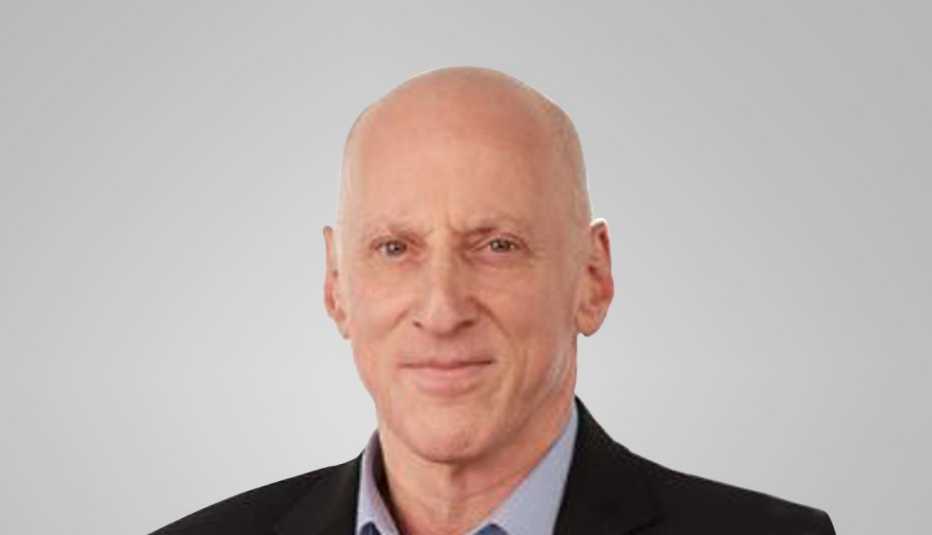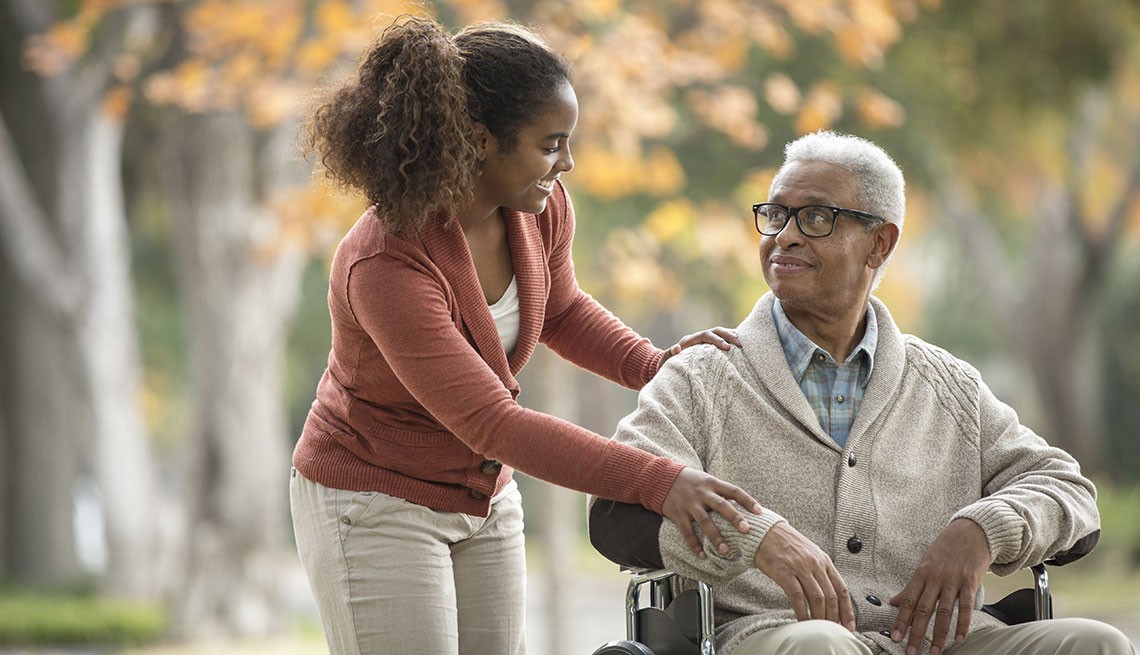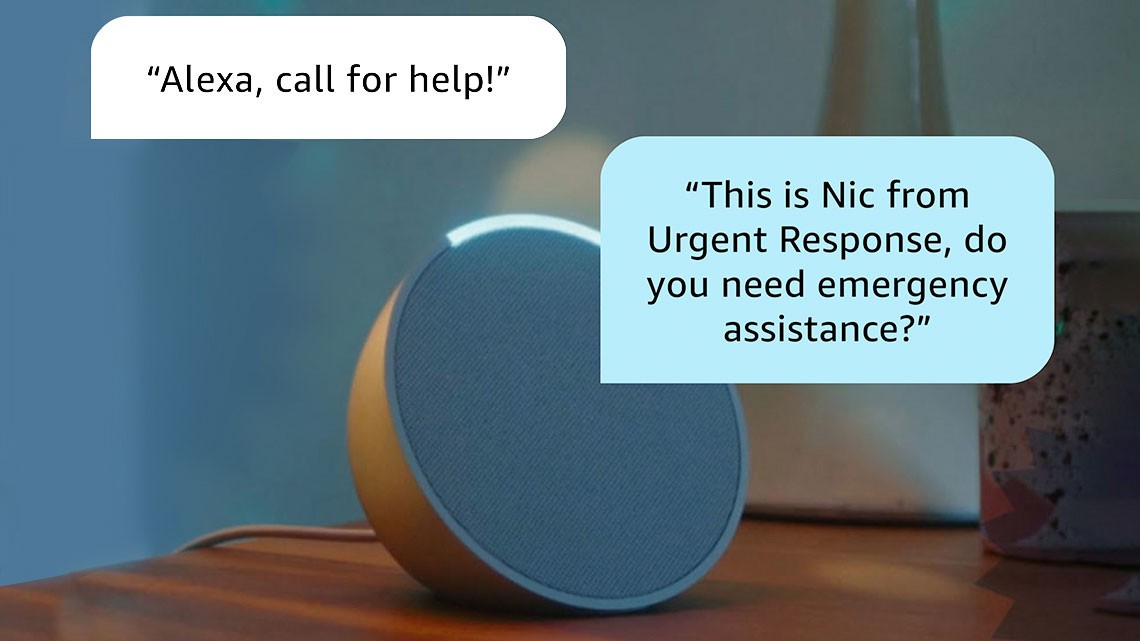Staying Fit


“I can’t say no to my mother,” said 53-year-old Kim, emphasizing the word “can’t.” “She has been so good to me. She needs my help now.”
I had asked her during this psychotherapy session whether she could imagine saying yes to helping her mother with certain tasks but not others. Could she agree to manage her finances, for instance, but not do her taxes or clean her house? Drive her to medical appointments and the supermarket, but not to an upcoming family reunion two hours away?


AARP Membership— $12 for your first year when you sign up for Automatic Renewal
Get instant access to members-only products and hundreds of discounts, a free second membership, and a subscription to AARP the Magazine.
I pose these questions to clients who have made heartfelt commitments to caring for relatives to point out that they still have choices about which care tasks to provide and how. Understanding and exercising those choices, I suggest, can help them avoid feeling trapped, powerless and, ultimately, depressed as caregiving demands increase over time.
The idea of choosing, though, seemed to horrify Kim. Saying no to her mother, she was sure, would make her a neglectful and ungrateful daughter. She felt she should always say yes to everything her mother needed for as long as she needed care.
Kim was in good company. One of the two things I have heard most often during 30 years of psychological practice is caregivers saying, “I have no choice.” (The other is people with chronic illnesses and disabilities saying, “I don’t want to be a burden to my family.”)
They were afraid they would feel guilty as if, by asserting themselves and saying no, they would be admitting they did not love their family member with their whole heart, or were a fair-weather caregiver who was only sometimes devoted to them. To show the full measure of their affection and commitment, they felt they must never turn down a caregiving task.
The challenge for Kim and all caregivers, of course, is that none of us is superhuman with boundless time and energy. We get pulled in many directions by the multiple roles in our lives and feel enormous strain.
Saying no during the long caregiving years may become a necessary survival strategy at times. How can family caregivers feel guilt-free and comfortable with that? Here are some ideas:




































































More From AARP
How to Forgive Others After Family Caregiving Ends
Looking at the past with new insight may help caregivers get over lingering hurt, anger
Why Caregivers Should Become Champions for Other Caregivers
Helping others navigate their caregiving journey can reduce stress and provide emotional benefits
Mealtime Made Easy: 6 Tips for Caregivers
How to meet nutritional, mobility needs around the kitchen table